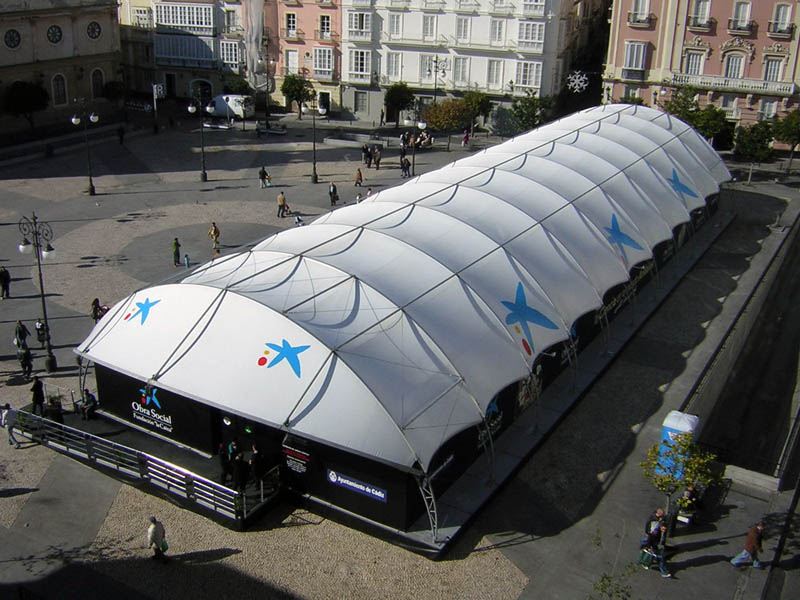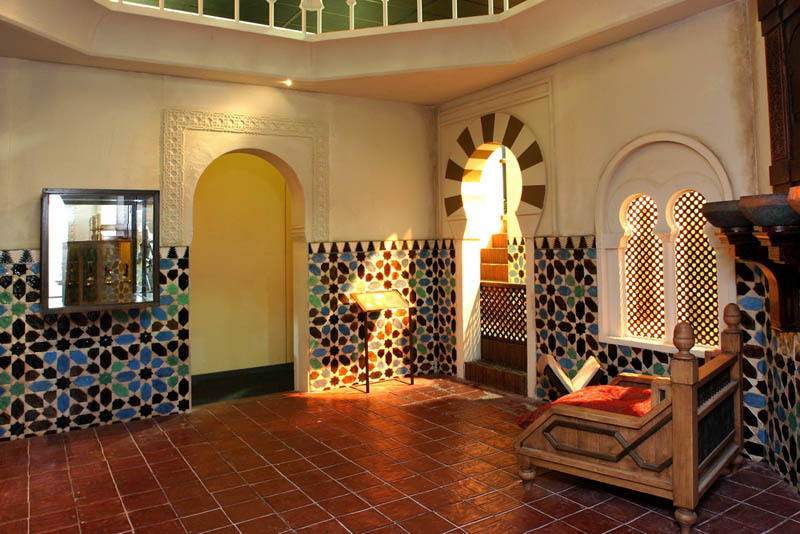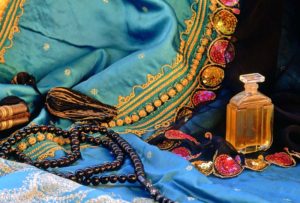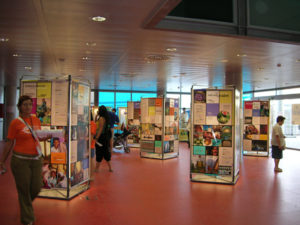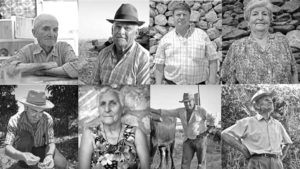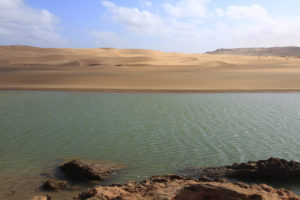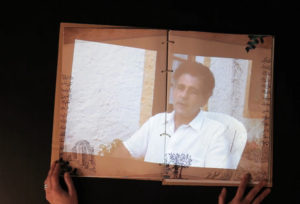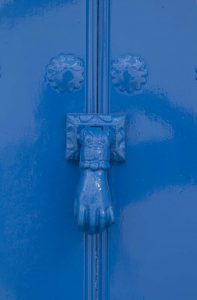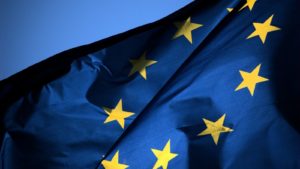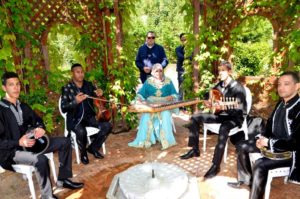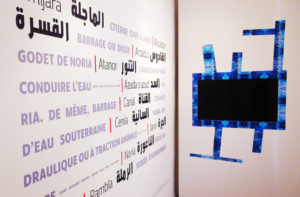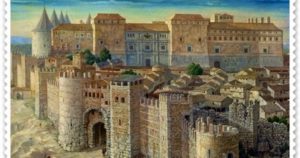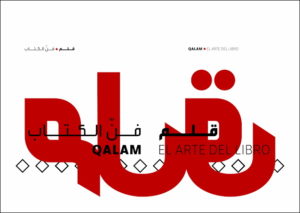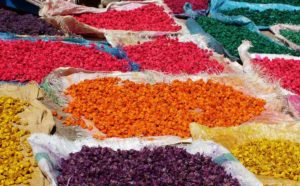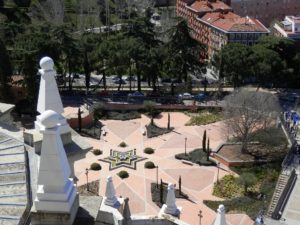The science in al-Andalus (education)
This exhibition, organised by the Islamic Culture Foundation (FUNCI) in collaboration with La Caixa Foundation, re-creates various locations to give visitors an idea of how science was practised at the time. From the House of Wisdom (Bayt al-Hikma) in Baghdad in the 9th century, veritable neuralgic think tank of the Islamic world at the time, to the […]
This exhibition, organised by the Islamic Culture Foundation (FUNCI) in collaboration with La Caixa Foundation, re-creates various locations to give visitors an idea of how science was practised at the time.
From the House of Wisdom (Bayt al-Hikma) in Baghdad in the 9th century, veritable neuralgic think tank of the Islamic world at the time, to the diverse seats of learning in Cordova, Denia, Toledo, Zaragoza or Granada, during six centuries Islamic scientific knowledge with a marked Hispanic-Muslim approach laid the foundations for the European Renaissance.
Astronomy and medicine
Many sciences reached a high level of perfection in al-Andalus, from the 9th to the 14th centuries. In part, this scientific activity was heir to that of ancient times, both in the Oriental world (China, India and Persia) and the Egyptian and Greek and Roman Mediterranean worlds. But science soon took on a specifically Islamic stamp which was determinant for scientific theories and their subsequent development.
Astronomy, medicine, alchemy, pharmacology, mathematics, hydraulics, botany, agriculture and construction were some of the sciences that spread out from Muslim Spain, exerting their influence and being taught in the rest of the Iberian peninsula and in Europe.
In this exhibition, based on rigorous historical research, we are going to enter into the very mindset that inspired the brilliant minds responsible for such a golden scientific era in medieval al-Andalus, thus fulfilling the Islamic hadit (axiom) : “Search for knowledge from cradle to grave”. Nevertheless, the scarcity of surviving images and written testimonies chronicling those Andalusian times, forces the modern researcher to explore contextual similarities with other contemporaneous societies of the Islamic world and, essentially, to use ample doses of imagination and conjecture as working hypothesis.


